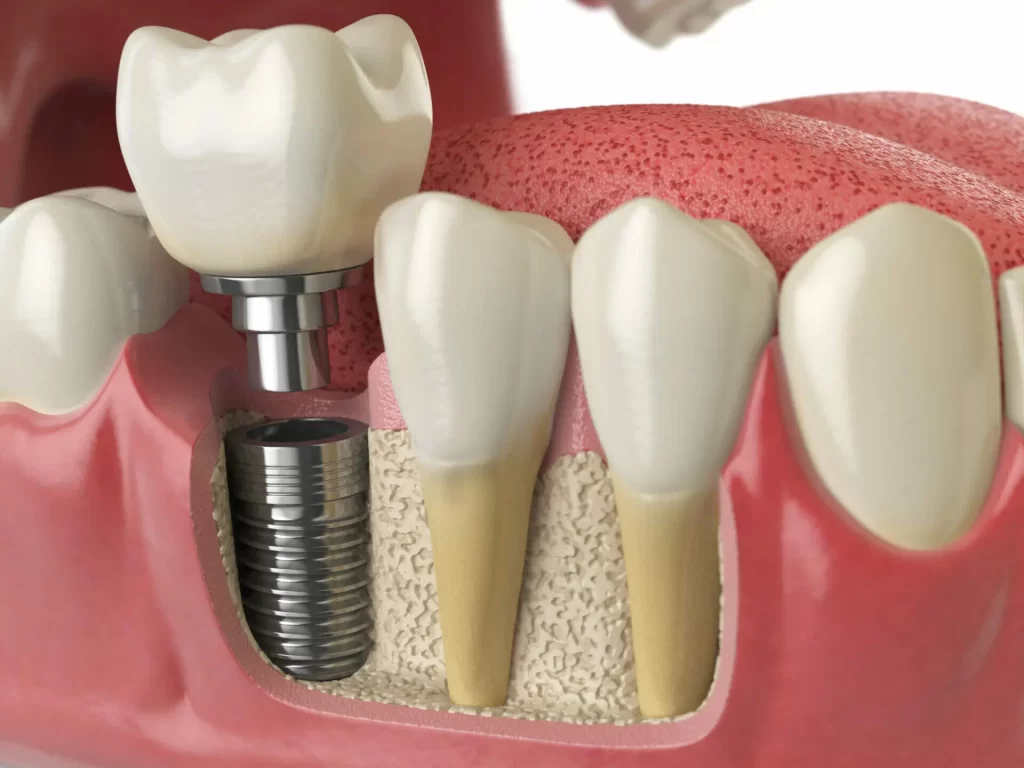When considering dental implants, gum health plays a crucial role. Healthy gums provide the foundation needed for successful implant procedures. If your gums are not in top condition, implants may fail. Understanding this connection is key to making informed decisions. A Long Island dentist can guide you through this process, ensuring your gums are ready for implants. They will focus on assessing gum health to prevent complications. This knowledge empowers you to maintain the health of your implants and gums. It is important to grasp the significance of gum health before proceeding with implants. Without strong gums, implants lack the support to function properly. Taking the time to prepare your gums increases the success of the implant process. Your dentist provides the expertise necessary to evaluate and improve gum health. This foundation gives you more confidence as you approach dental implants. Keep reading to explore how gum health impacts implant success.
The Importance of Gum Health
Gum health often goes overlooked when people consider dental care. However, gums are the unsung heroes of oral health. They hold teeth in place and protect the roots from bacteria. Unhealthy gums can lead to periodontal disease, a serious condition that damages the soft tissue. According to the Centers for Disease Control and Prevention, nearly half of adults aged 30 years or older show signs of gum disease. Poor gum health compromises your overall oral health and can be a barrier to getting dental implants.
How Gum Disease Affects Dental Implants
If you have gum disease, your gums may not be able to support dental implants effectively. Infections can weaken your gums, leading to implant failure. When bacteria get into the gums, they can cause inflammation and damage the tissue. This infection, known as peri-implantitis, can lead to bone loss and implant failure.
Preparing Your Gums for Implants
To get your gums in shape for dental implants, you need a plan. Regular dental check-ups, daily oral hygiene, and perhaps some lifestyle changes are necessary. Your dentist may recommend deep cleaning procedures to remove plaque and tartar. You might also need to use specialized toothpaste or mouthwash designed to strengthen gums.
Steps to Improve Gum Health
- Brush your teeth twice daily using fluoride toothpaste.
- Floss daily to remove food particles between teeth.
- Visit your dentist for regular cleanings.
- Quit smoking, as it makes gum disease worse.
Comparison: Healthy Gums vs. Unhealthy Gums
| Healthy Gums | Unhealthy Gums | |
|---|---|---|
| Color | Pink and firm | Red and swollen |
| Sensation | No bleeding | Bleeding during brushing |
| Texture | Firm | Spongy or tender |
Benefits of Treating Gum Disease Before Implants
Treating gum disease before getting implants offers several benefits. First, it increases the lifespan of your dental implants. Second, it reduces the risk of complications such as infections. Lastly, it improves your overall oral health, making you feel better and more confident.
What to Expect from Dental Implant Surgery
When your gums are healthy, dental implant surgery can be more straightforward. Your dentist will place a titanium post into your jawbone, which acts as the root of the tooth. Over time, this post fuses with your bone, providing a stable base for a crown. This process can take several months. Regular follow-ups with your dentist ensure everything is healing well.
Conclusion: Taking Action on Gum Health
Understanding the link between gum health and dental implants is important. Now that you know the facts, you can make better choices for your oral health. Focus on your gum health to increase the likelihood of successful implants. A trusted dentist can guide you through this process, offering the support and expertise needed. Taking action now can save you from complications later.

